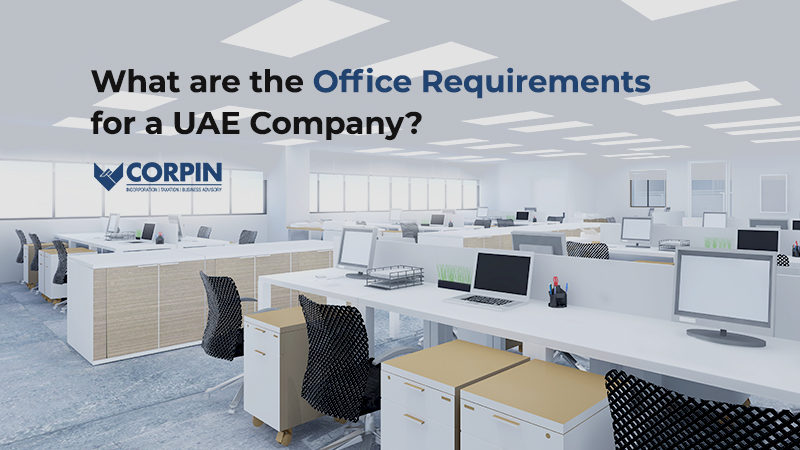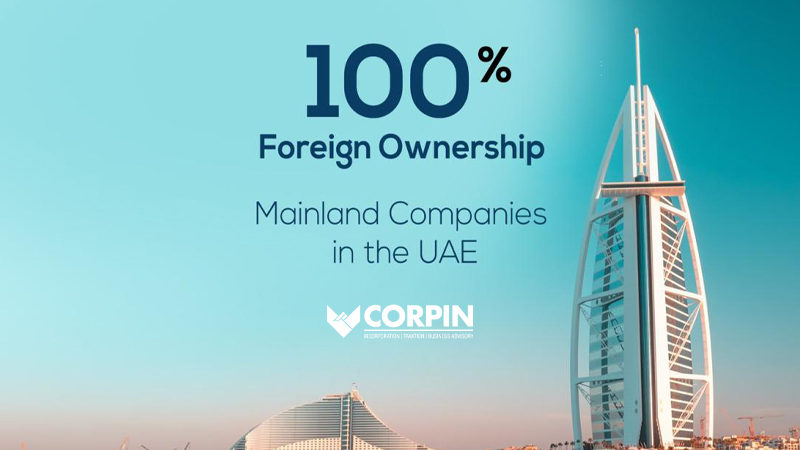March 4, 2022
How To Open a Digital Marketing Company in the UAE? According to several statistical reports, the annual growth rate of UAE’s digital marketing sector is between 25% and 40%. These figures alone consolidate how the industry is going to flourish in the upcoming years. If you are planning to step into this rapidly-growing industry by [...]
January 4, 2022
What are the Office Requirements for a UAE Company?
What are the Office Requirements for a UAE Company? According to UAE law, it is mandatory for all mainland and free zone companies to have a physical office. However, for offshore companies, it is not necessary. Though the cost of hiring an office is high, it still contributes well to the growth of your business, […]
November 23, 2021
All You Need to Know About Setting up a Representative Office in UAE
All You Need to Know About Setting up a Representative Office in the UAE The representative office of a company is an extension of the parent company in another country. By opening a representative office in the UAE, a foreign company can enjoy 100% ownership. Representative offices are not allowed to make a profit in […]
October 21, 2021
100% Foreign Ownership for Mainland Companies in the UAE
100% Foreign Ownership for Mainland Companies in the UAE Here is an exciting news for all entrepreneurs who wish to start their business journey in the UAE mainland! An amendment to the Commercial Companies Law (CCL) now permits 100% foreign ownership for mainland companies in UAE. This new law is effective from 1 June 2021—subject [...]




